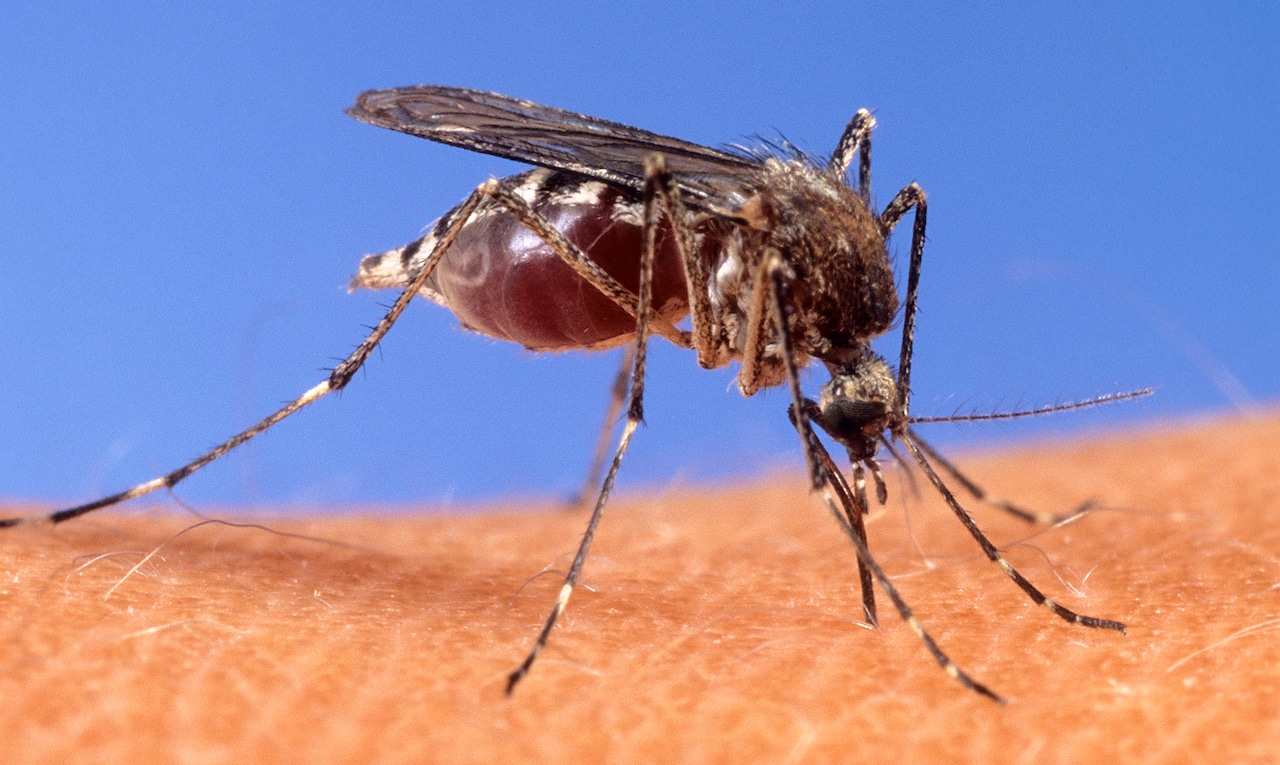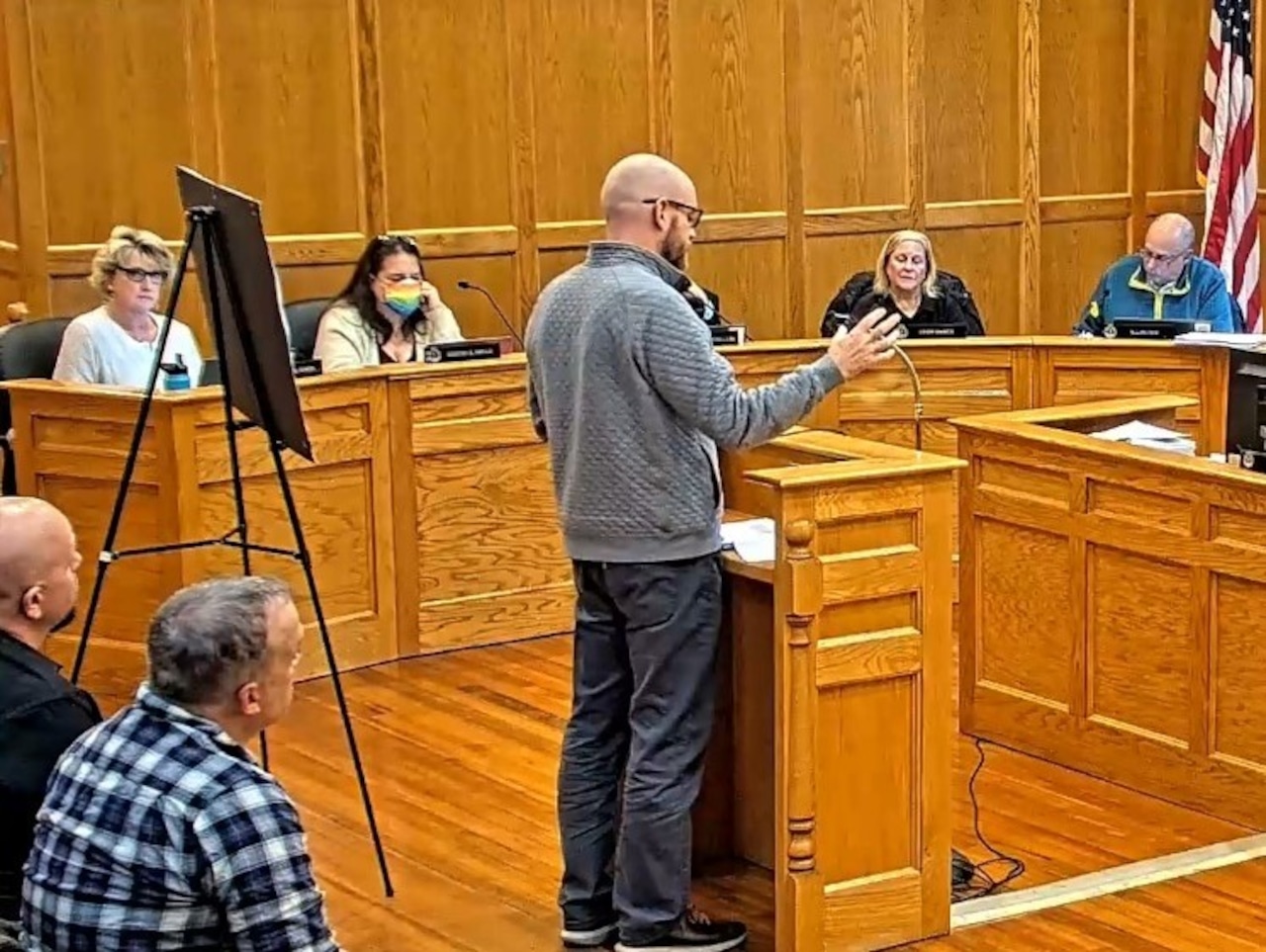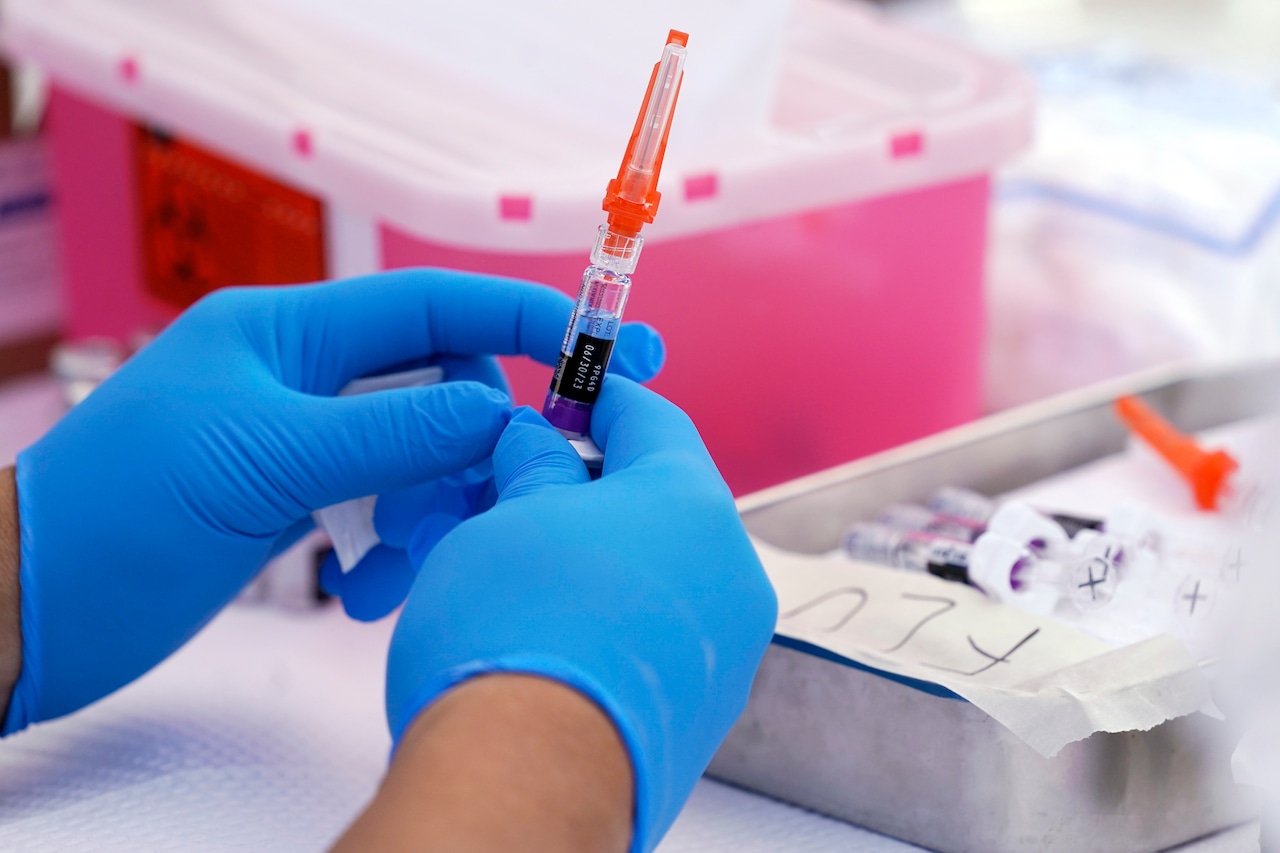
The second human case of West Nile virus has popped up in the Commonwealth this year, the Massachusetts Department of Public Health announced Monday afternoon.
A man in his 70s was exposed to West Nile virus in Middlesex County in an area that is a moderate risk, the Department stated.
The first human case of West Nile virus was documented on Aug. 6 when someone was exposed in Hampden County, the department said. No animal cases have been found yet.
The first mosquitoes carrying the West Nile virus this year in the Bay State were reported on July 2 from a sample collected in Quincy, the department stated.
As of Aug. 12, there have been 145 West Nile virus-positive mosquito samples found in Barnstable, Berkshire, Bristol, Dukes, Essex, Hampden, Middlesex, Norfolk, Plymouth, Suffolk and Worcester counties, according to the department.
The greater Boston area — Middlesex, Norfolk, and Suffolk counties — has a moderate risk of human infection with the West Nile virus, according to the department. Parts of Barnstable, Bristol, Essex, Hampden, Plymouth, and Worcester counties present a moderate risk too.
“Many parts of the country, including Massachusetts, are experiencing increasing WNV activity,” Public Health Commissioner Robbie Goldstein said in a statement. “We are in the peak time of the year when most people are exposed to West Nile virus in Massachusetts. Residents should continue to take precautions to avoid mosquito bites.”
West Nile virus is usually transmitted to humans after they are bitten by an infected mosquito, the department stated. In 2023, Massachusetts saw six human cases of West Nile virus.
“It is still summertime and the risk from WNV is going to be elevated for some time,” state Epidemiologist Dr. Catherine M. Brown said in a statement. “People should use mosquito repellent with an EPA-registered active ingredient, clothing to reduce exposed skin, and consider rescheduling outdoor activities that occur during the evening or early morning.”
The department advises that people protect themselves from mosquitos and the illnesses they carry. Officials say people should use insect repellent when they’re outside, reschedule outdoor activities that occur when mosquitos bite the most — from dusk to dawn — and wear clothing that covers the majority of their skin when they’re outdoors.
People should also drain any standing water because mosquitos are known to lay their eggs there, and install or repair window screens to keep the insects from their homes, officials said.
The department also encourages people to protect their animals too, by draining standing water and keeping them indoors to reduce their risk of getting bit.






